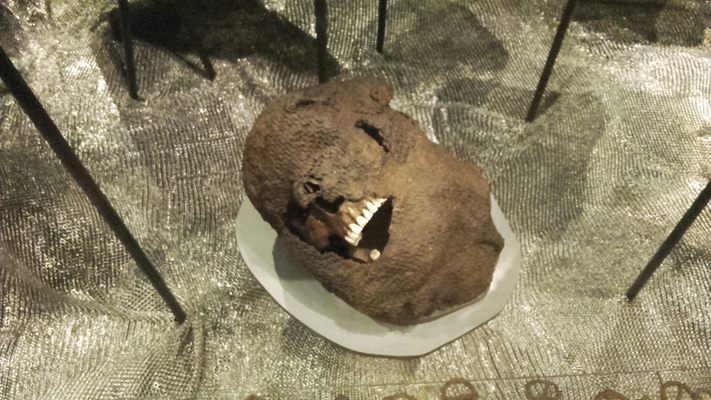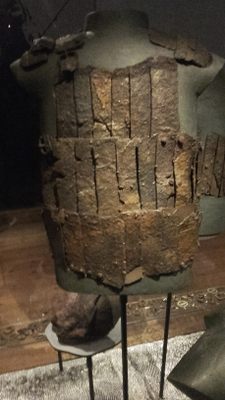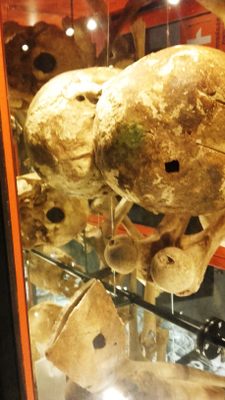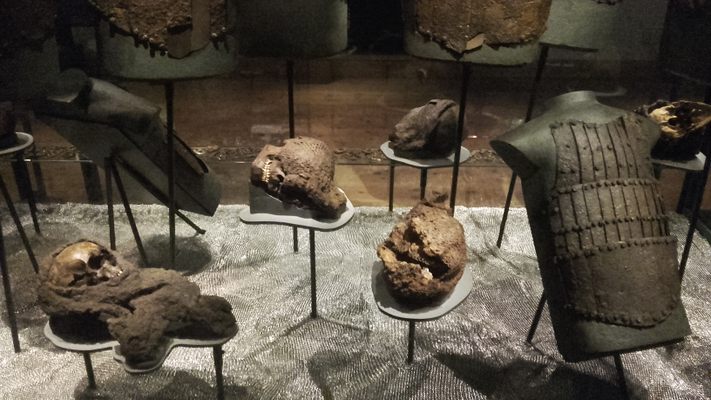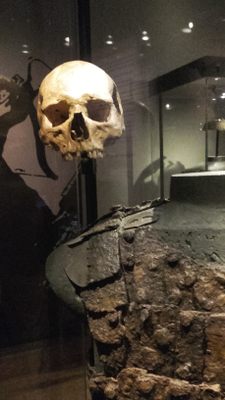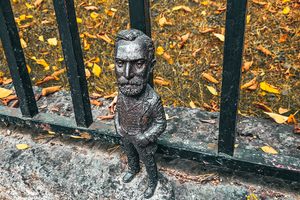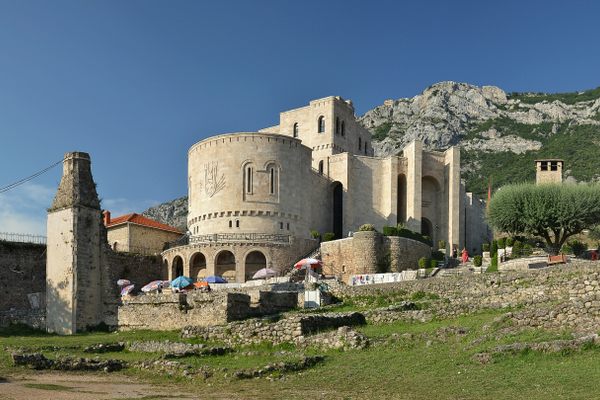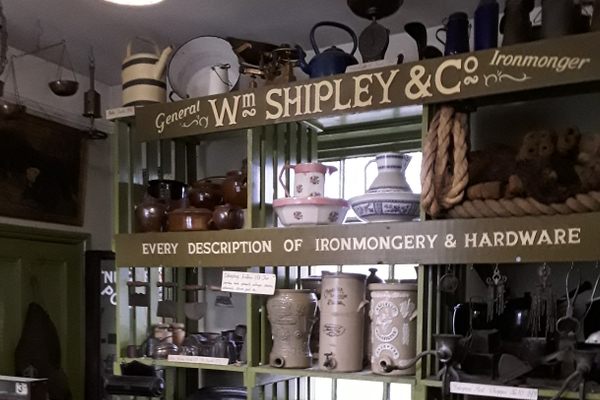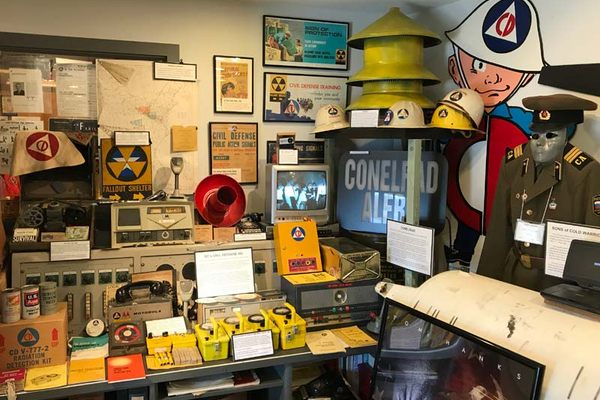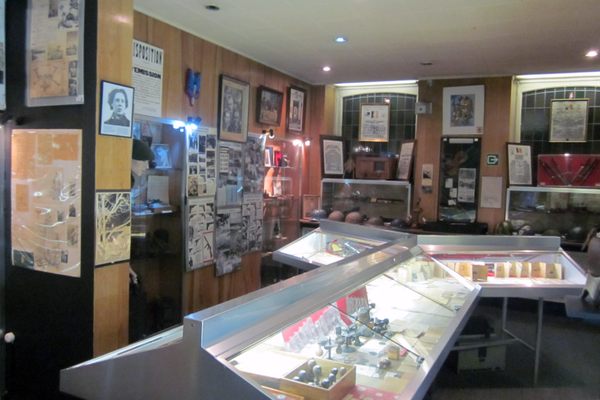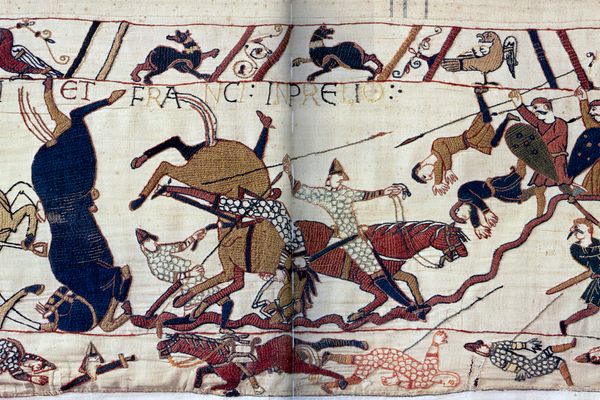About
On July 22, 1361, 1,800 Gotland farmers were killed in a brutal clash with Danish troops. King Valdemar had commanded his forces to conquer parts of southern Sweden, landing there with an army of mounted knights and German foot mercenaries. The invaders faced off against the poorly equipped locals, whose ranks included children and the elderly.
The ensuing battle was a devastating blow to the local farming community, with more than half of Gotland’s farmers slain in the fight. The dead fighters were buried in mass graves alongside their chainmail shirts and gloves and weapons.
Excavations in the 20th-century revealed five mass graves outside the city of Visby’s walls. The skeletons, armor, and weapons were remarkably well-preserved. This allowed scientists to study the bones to determine the injuries the soldiers suffered, as well as glean information about their living conditions, diseases, heights, and ages.
A permanent exhibit in the Swedish History Museum displays some of the soldiers’ skeletons. You’ll also find armor believed to belong to a noble family and a leather pouch that held a small fortune of coins that is believed to have belonged to one of King Valdemar’s soldiers.
Related Tags
Know Before You Go
The permanent exhibition "Medieval Massacre – the Battle of Gotland 1361” is displayed in the Historiska Museum of Stockholm. By tube Karlaplan station. Buses 67, 69 and 76. Admission is free.
Published
August 14, 2019


